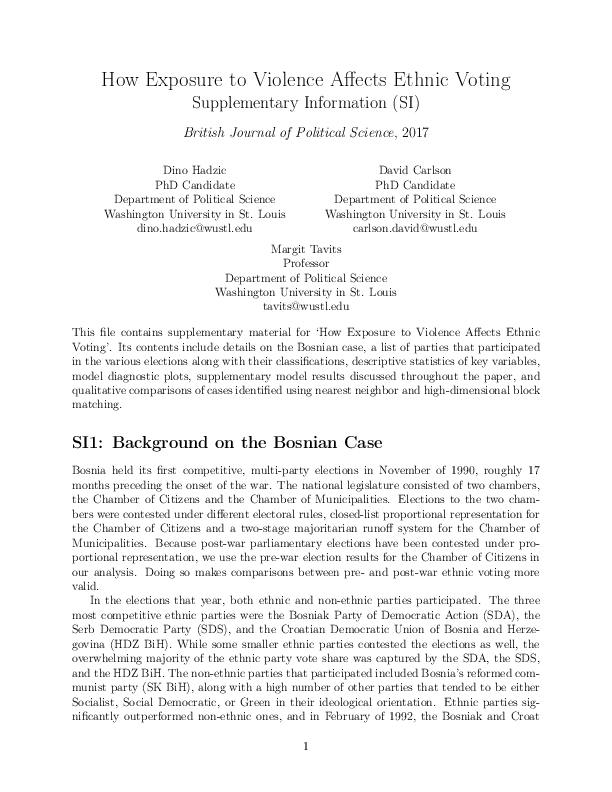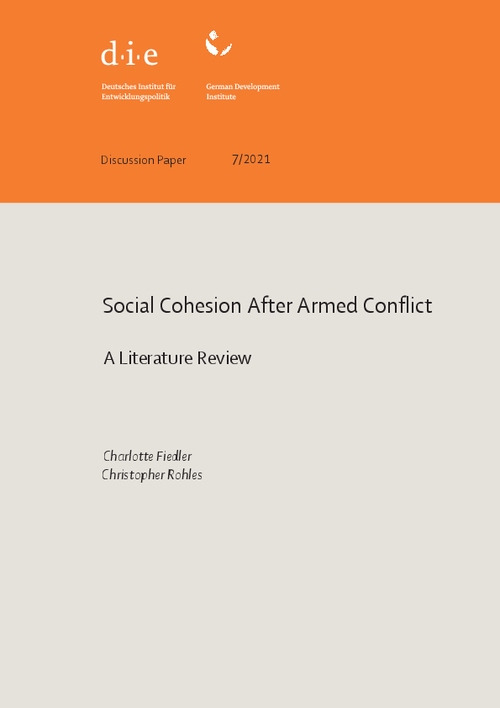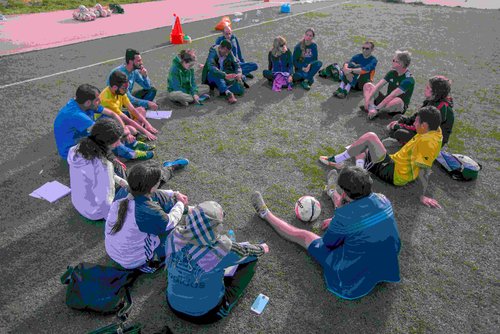How exposure to violence affects ethnic voting
Key facts
Participation
Political institutions & governance
Summary
How does wartime exposure to ethnic violence affect the political preferences of ordinary citizens? Are high-violence communities more or less likely to reject the politicization of ethnicity post-war? We argue that community-level experience with wartime violence solidifies ethnic identities, fosters intra-ethnic cohesion and increases distrust toward non-co-ethnics, thereby making ethnic parties the most attractive channels of representation and contributing to the politicization of ethnicity. Employing data on wartime casualties at the community level and pre- as well as post-war election results in Bosnia, we find strong support for this argument. The findings hold across a number of robustness checks. Using post-war survey data, we also provide evidence that offers suggestive support for the proposed causal mechanism.




